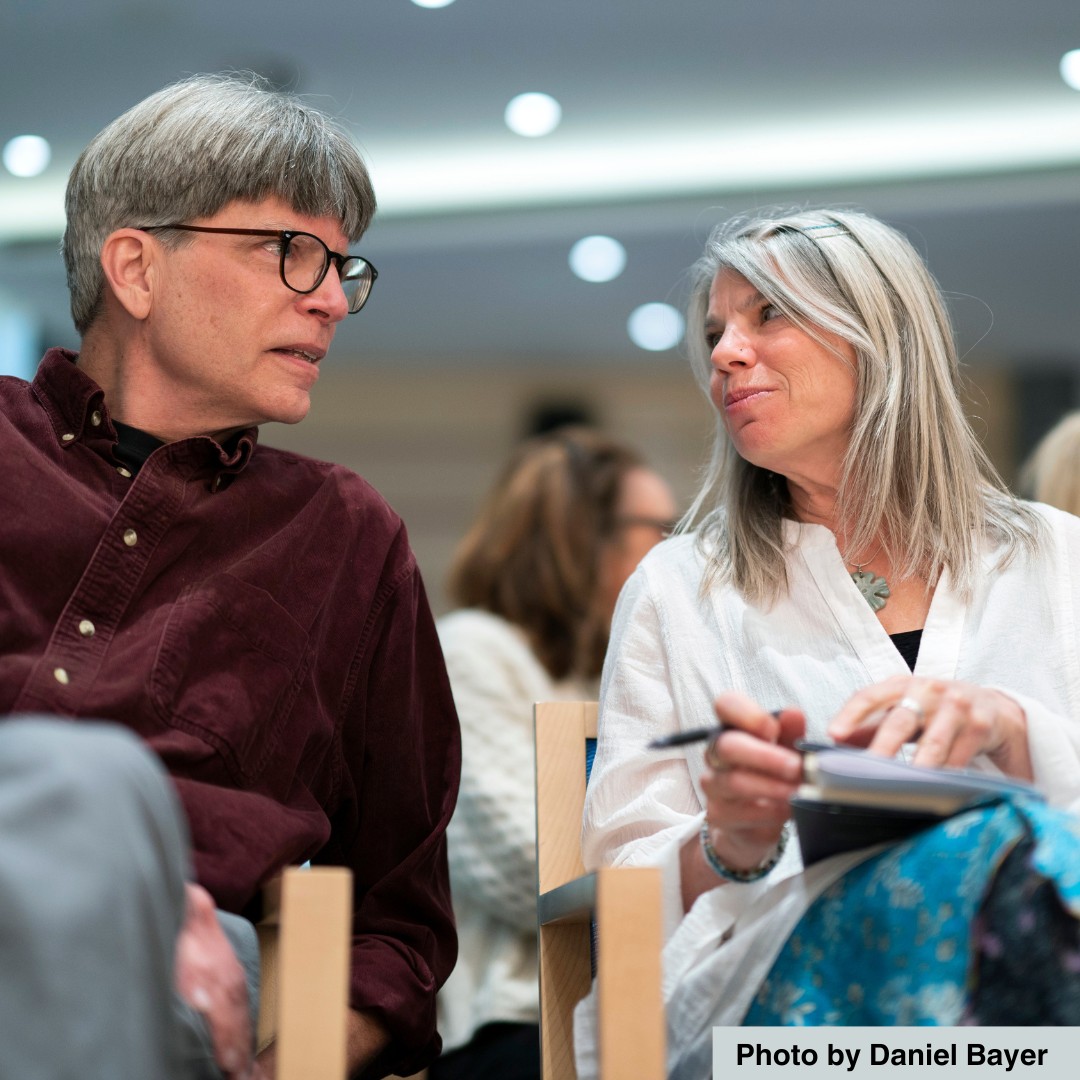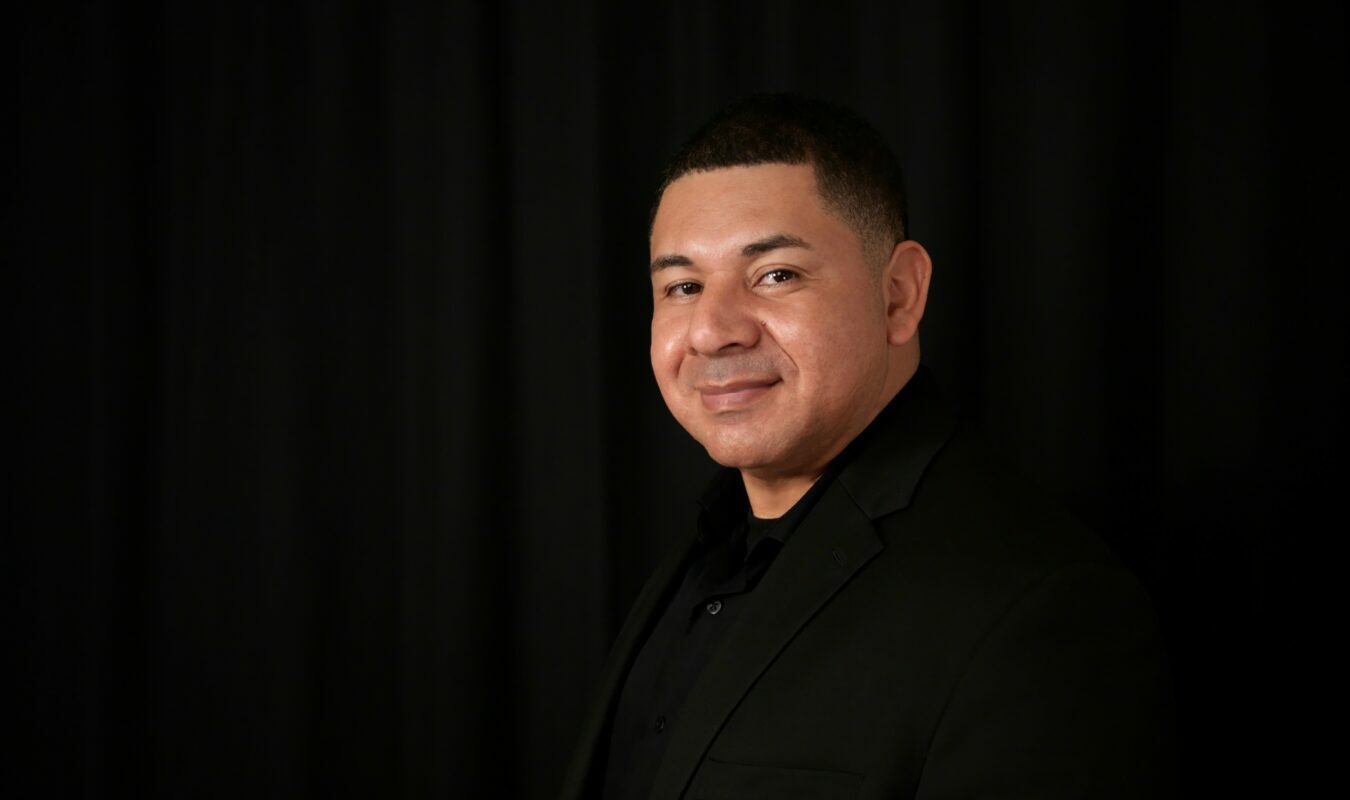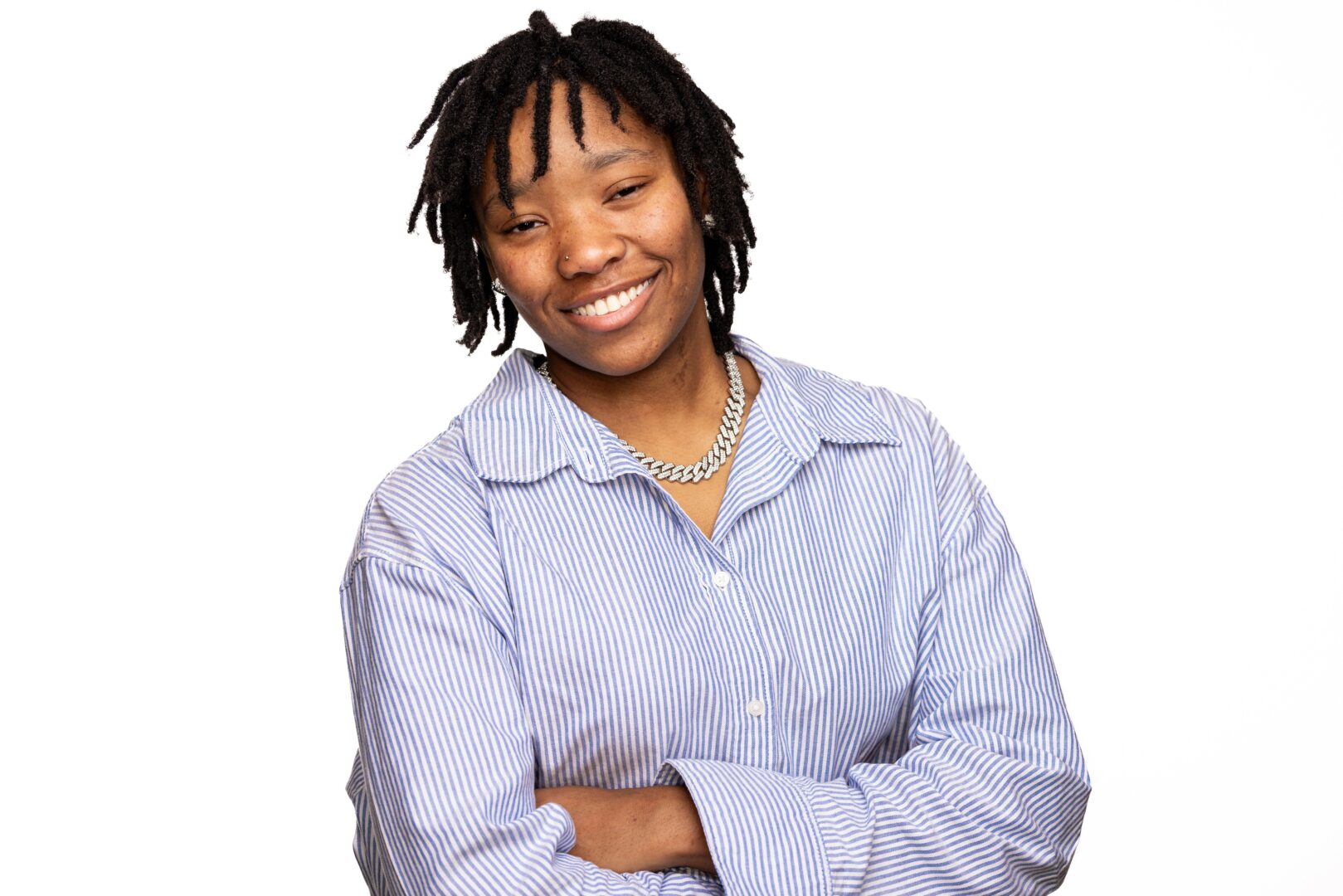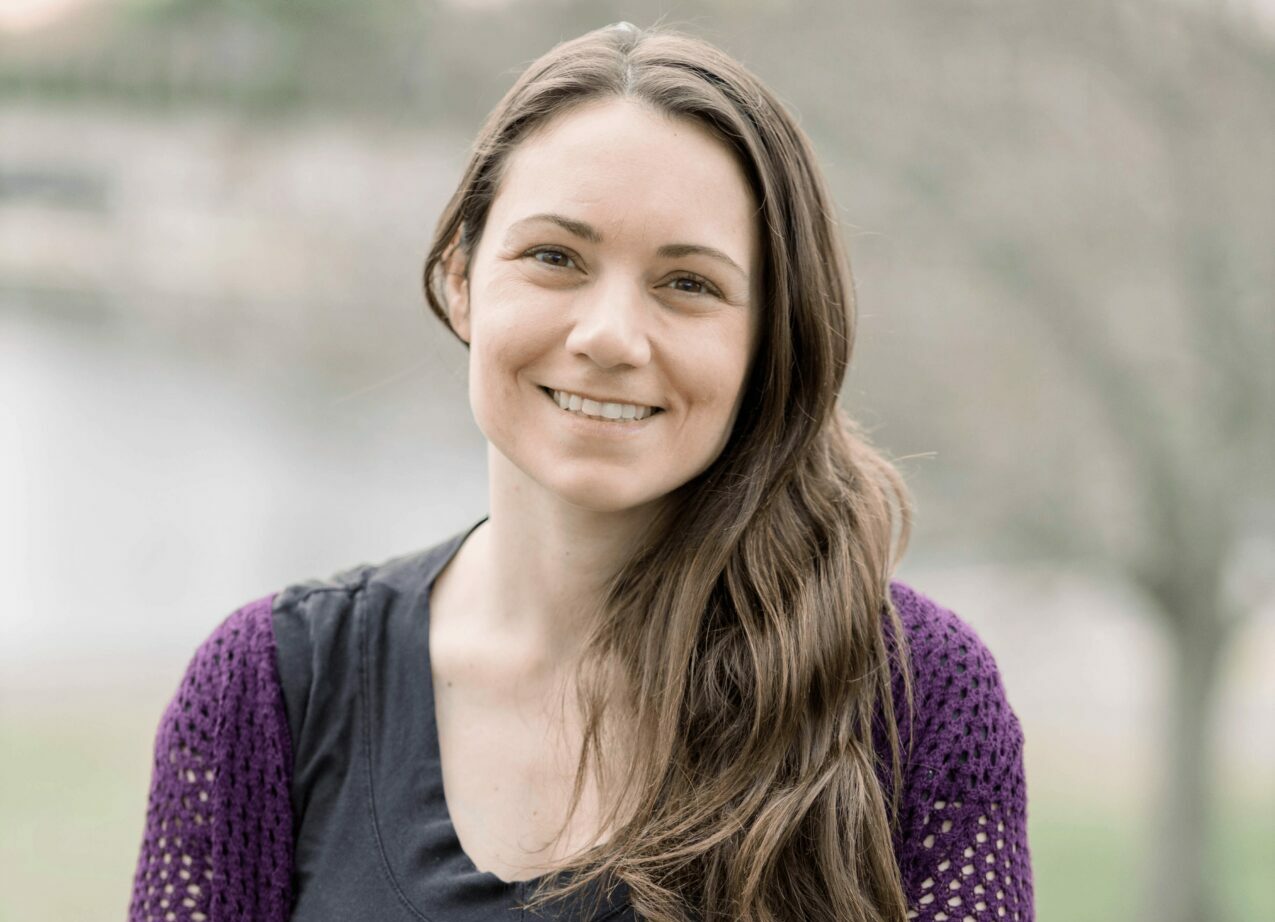We’re excited to introduce you to the always interesting and insightful Mitzi Rapkin. We hope you’ll enjoy our conversation with Mitzi below.
Mitzi, thank you so much for joining us and offering your lessons and wisdom for our readers. One of the things we most admire about you is your generosity and so we’d love if you could talk to us about where you think your generosity comes from.
I honestly think some things we are born with and if we express them early, even in the smallest way, and find some reinforcement, we can sink deeper into that quality. For me the reinforcement is internal, it’s not about others’ appreciation for what I have to offer, but what I get out of it. As an only child, miraculously, I didn’t emerge from the womb or from childhood thinking I was the center of the universe but instead I want to make everyone around me feel like they are. I live in my head, side by side with my body. I experience life so intensely that the last thing I want is to center myself as the main attraction in dialogue, expression, or any other contact with individuals and community. On the most literal level, I am a gift-giver. I work hard to find thoughtful presents for others and even at 55 years old, when I go on trips, I have lists of friends to get special keepsakes for. My mother is also a gift-giver and very generous with people she loves and goes out of her way to offer them tiny pieces of tangible joy. (Even though I’m well aware that nothing lasts.) I also think of giving as a true form of care, love, and devotion. One time in college I made about 300 watercolor paintings with a poem I wrote on them and stood on the proverbial quad and just handed them to people wishing them a beautiful day. It was interesting to see how people could accept this gift, but also the distrust from people thinking there was some possible scam behind it. It doesn’t take a lot to seek authentic connection this way and the more unexpected, the better. But when I think about generosity, I also think of it in the way we listen to others. In some fashion, the attention I give to others – as a friend, a coach, a co-worker, a podcast host, or even a stranger – is born out of a fierce curiosity about how others experience their humanity, their frailty, their one precarious and precious life. There is also a selfishness to this because it feeds something in me, the desire to know, to empathize, to cry, and to marvel at how we’re all just getting by on this perilous journey of being alive with so much beauty and pain walking alongside us at the same time. It’s also impossible to ignore and not take note of the fact that we are all born with a different density of advantages and disadvantages and that having safety and acceptance can profoundly impact our ease and ability to even take the time to think about generosity, let alone practice gratitude. I’m not a Buddhist but I studied religion in college and have spent a lot of time studying and reading Buddhism and I try to be aware of the ephemerality of everything around us. It makes the world a little more heartbreaking and a little more technicolor with every in and out breath. If we have so little time, why not give what we can, when we can, and how we can if we have the ability to do so?
Let’s take a small detour – maybe you can share a bit about yourself before we dive back into some of the other questions we had for you?
I am the founder, host, and producer of the podcast, First Draft: A Dialogue on Writing, which features in-depth conversations with today’s most distinguished literary writers of fiction, non-fiction, poetry, and essays. My archive contains more than 450 interviews accumulated over more than a decade. I read a book a week to produce up to 52 episodes every year and each episode meticulously covers issues of literary craft, creativity, and the themes of a writer’s work. Inevitably and consciously, I cultivate conversations that evolve from talking about the mechanics of producing a work of art to questions on what it means to be human, the mystery and awe of being in relationship with one another, and empathy. My goal with every interview is to transcend; to slip through a word or a pause in the conversation and find a new fractal that brings it to a higher place; to gently knead a conversation into connection and finally a space where we are discovering new things about the writers’ work, process, and most importantly our shared humanity. With each conversation, I lean into the values of honesty, vulnerability, curiosity, and connection.
One of the exciting things to me about First Draft: A Dialogue on Writing is that it isn’t just for writers and that’s a challenging barrier to overcome in terms of attracting new listeners, especially in a world where it seems that fewer and fewer people pick up a book. Yet, if we think about a powerful memory of a time we were moved, often there is something in our mental vault that relates to a story we heard, a childhood book, a poem from school, or a meaningful high school novel. Our lives are saturated with stories and that is because they offer us a device to learn and share empathy. So, the conversations on my podcast might touch on how an author structured a book, but more often we talk about what motivates human behaviorand the general poetry of our lives. There’s so much to learn and marvel at in the archive, which really is a treasure chest of wisdom with hundreds – yes hundreds – of today’s best authors from America and abroad.
One of my goals is to record more interviews for the podcast at live events, like literary festivals, bookstores, cafes, a park. Wherever. (Hint: I’m accepting invitations at home and internationally if you have ideas or would like to see this in your hometown.) I’ve been lucky to do this around Colorado where I live and in Chicago and Miami, among other places.
I also work as an integral coach and facilitator. I think intentional and deep listening, a hallmark of my podcast, makes me equally engaged and empathetic as a facilitator and working with clients one-on-one to explore new ways of being in the world, overcoming limitations, and discovering new pathways.
Looking back, what do you think were the three qualities, skills, or areas of knowledge that were most impactful in your journey? What advice do you have for folks who are early in their journey in terms of how they can best develop or improve on these?
- I didn’t (and don’t) do it for the money (because there really isn’t much).
a. I hope someday there will be money
b. In the meantime, I work my butt off doing other work (at times I worked 5 jobs) to support the heart-base projects
c. Be scrappy – find ways to follow your dreams. I work part time for an airline so when that chance comes to go to a literary festival, I can fly for free on standby. - Keep dancing when no one is looking. At the end of the day, I do it because it enriches my life on a profound level and it’s worth the weekends and nights saying no to fun things to read, edit, and plan. It is worth working at this at night instead of watching Netflix. It would be great to have a million listeners but if there is just one, that’s enough.
- Listen. Listen more than you talk. Listen and observe the world around you. Listen more than you talk. Listen with all your attention and curiosity. Listen without judgment. Listen with your big toe. Listen with your hair follicles. Then trust that your entire life’s journey has brought you to the moment of listening and this too, will be part of the anatomy of all you have taken in.
Is there a particular challenge you are currently facing?
For me, increasing the number of listeners to my podcast is a distinct goal. To say the podcast world is saturated with content is like describing the ocean as damp to a shark. There are over 3 million podcasts in the world. I’m so lucky because while my podcast audience is easy to identify, getting the word out is so challenging. Especially with no marketing money. I lean heavily on the fact that the people who listen, truly love it, and pass the word on. I have award winning authors who have said it was the best interview of their lives, so I do believe in the quality of my creation, but really it’s a co-creation between me and my guest. However, I am not seeing listener numbers grow in the way I feel they should be year by year. At the end of the day, I want to share these conversations with more and more people, to pay homage to the authors and the great work they are creating and the conversations about philosophy and mortality. I try to think about human connection when I devise solutions. I really hate social media, although I know there is value in using it more than I do, which is hardly ever, or at least not strategically. So, because I work for an airline, I can fly free on standby. I reach out to literary festivals and bookstores and offer to do live interviews as an event. I recently printed 500 bookmarks with information about my podcast and flew to attend the biggest writing convention in the country and passed them out, talked to 500 people and leaned into vulnerability and approached people to share what I’m doing. If I can’t get writers to listen, what about the rest of the world? It can be tiring though after holding down a day job, reading an entire book, preparing for the interview, conducting the interview, editing the interview, and planning the next one and searching for future guests to then turn my attention to marketing. When? But, I am in no way, shape, or form downtrodden. Do I dream of a mention in the New York Times, a visit with Jimmy Fallon, an interview with Oprah – hell yes! I also believe that good work will make itself known and I focus on the product as much as I can while I continue to reach out to create opportunities for events to appear at and places to share my story.
Contact Info:
- Website: https://www.fulllightcommunications.com/about-5
- Instagram: FirstDraftADOW
- Facebook: https://www.facebook.com/FirstDraftADOW/
- Linkedin: www.linkedin.com/in/mitzi-jill-r-619798
- Twitter: FirstDraftADOW







Image Credits
“Daniel Bayer” for the photo of me talking to Richard Powers (1) and “Daniel Bayer” for the photo of me with the microphone at Aspen Words (2)




